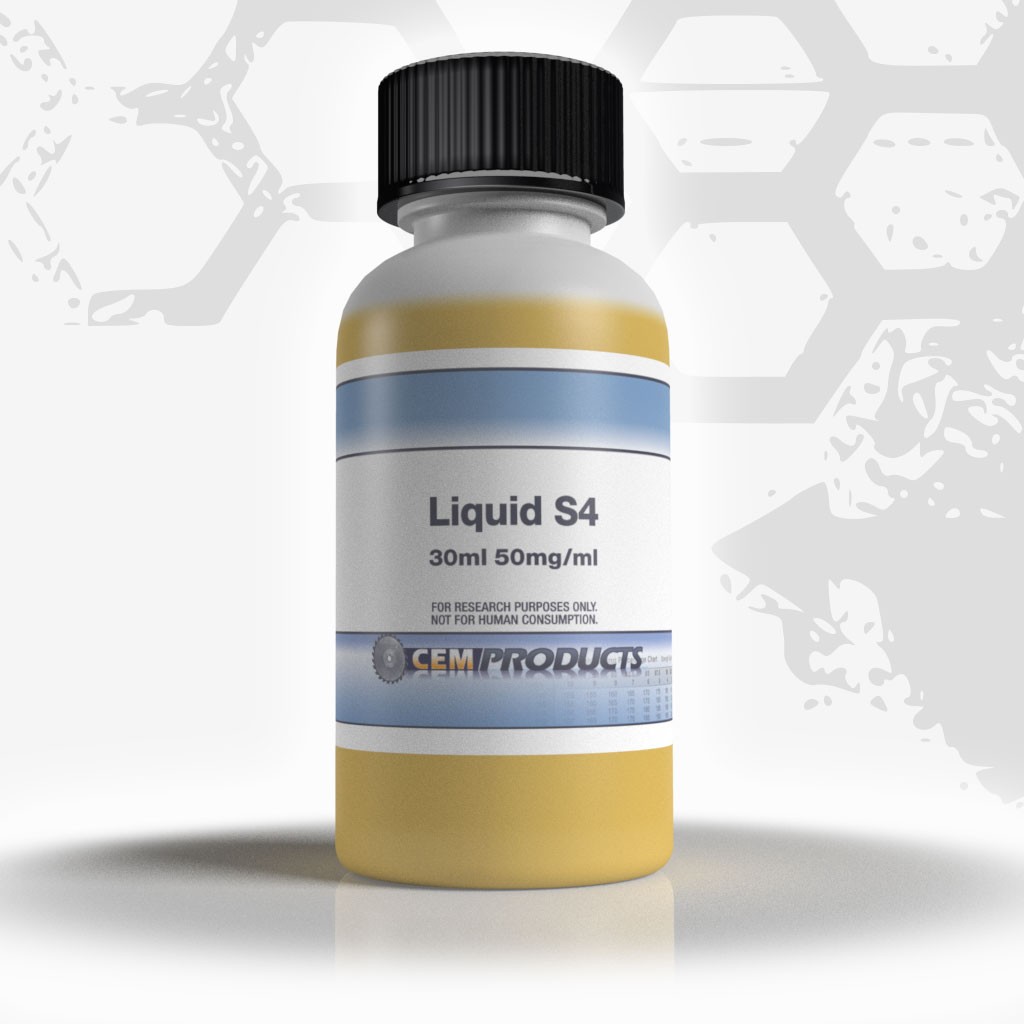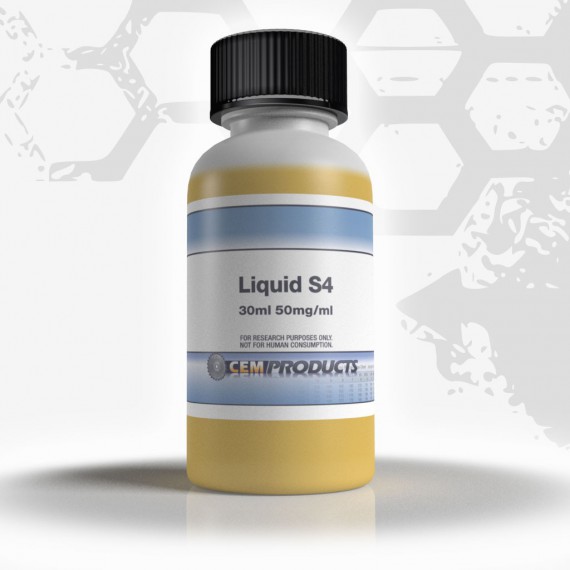
Q: Are SARMS effective for post cycle therapy (PCT)? I’ve read about studies showing that SARMs are only suppressive at dosages greater than 50mg per day. So wouldn’t SARMS be ideal for PCT since they didn’t interfere with testosterone production?
A: It needs to be kept in mind that there are situations where low dose anabolic steroid also will not be found to cause “significant” suppression in a study.
The fact that SARMS, at anabolically-ineffective doses, have been found in the literature to not exhibit statistically-significant suppression — which does not mean no suppression — does not mean that they don’t cause it.
We could as well say that Dianabol causes no suppression, as I can point to a study showing it to be “non-suppressive” (or more accurately, statistically significant suppression was not found.)
And for that matter, I can find the above at a dosing of 50 mg/day, which is more anabolic than I expect is the case for the SARM doses studied.
But, of course, Dianabol is in fact suppressive, as I expect is the case with the SARMs as well.
You’re not going to have the magic of activating the androgen receptor without getting the suppression that results from activating the androgen receptor.
I don’t know of reason to believe that, analogously to the SERMs, there is an effect with the SARMs where they are active in muscle but not in the hypothalamus and pituitary.
It really has seemed to me that the term SARM (selective androgen receptor modulator) is simply a gimmick to make the drugs sound fundamentally different from anabolic steroids and thus to perhaps escape the stigma that society has placed on anabolic steroids, rather than being a matter of real pharmacology.
Synthetic anabolic steroids are “selective” too — that is where the whole “anabolic/androgen ratio” thing, or ratio between activities at the levator ani of the rat vs the prostate, relative to testosterone — comes in.
The fact that the SARMs do not have a steroid skeleton doesn’t change anything pharmacologically, and doesn’t magically give them non-suppressive yet anabolic properties.

About the author
Bill Roberts is an internationally-recognized expert on anabolic steroids and performance-enhancing drugs (PEDs). He received a bachelor degree in Microbiology and Cell Science and completed the educational and research requirements for a PhD in Medicinal Chemistry at a major American university.
Bill entered the nutritional supplement industry prior to completing his doctoral thesis but his education was invaluable so far as being able to design/improve nutritional supplement compounds, since it was in the field of designing drug molecules and secondarily some work in transdermal delivery.
His education was not specifically "geared" toward anabolic steroids other than expertise with pharmacological principles having broad applications. This has allowed Bill to provide unique insight into the field of anabolic pharmacology with knowledge of points which he would not have known otherwise.
Leave a Reply
You must be logged in to post a comment.